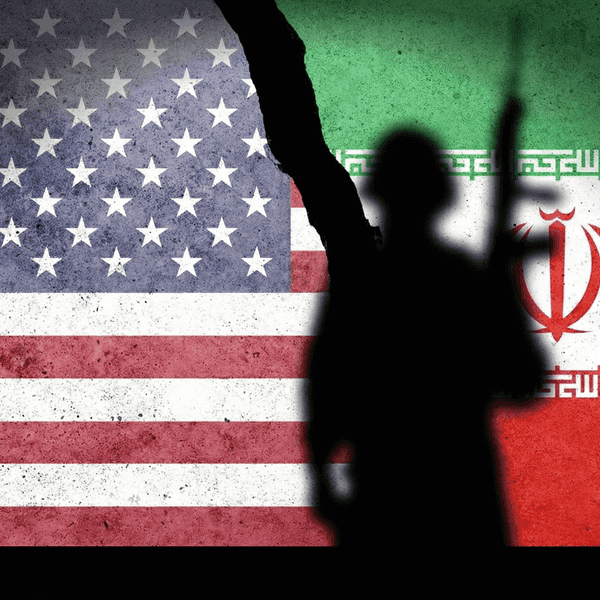IMF praises UAE’s economic resilience, projects 4.8% growth in 2025
Tourism, real estate and financial services drive non-oil expansion as strong buffers, diversification, and reforms underpin outlook

Haris Zamir
Business Editor
Experience of almost 33 years where started the journey of financial journalism from Business Recorder in 1992. From 2006 onwards attached with Television Media worked at Sun Tv, Dawn Tv, Geo Tv and Dunya Tv. During the period also worked as a stringer for Bloomberg for seven years and Dow Jones for five years. Also wrote articles for several highly acclaimed periodicals like the Newsline, Pakistan Gulf Economist and Money Matters (The News publications)

Shutterstock
The United Arab Emirates has shown strong resilience to global uncertainty, regional tensions, and oil price volatility, with economic growth in 2025 projected to outpace both regional and global averages, the International Monetary Fund said in a statement.
Following an estimated 4% expansion in 2024, the UAE’s GDP is expected to grow 4.8% in 2025, supported by robust non-hydrocarbon activity and a rebound in oil output as OPEC+ production increases, accelerating further to 5% in 2026, the IMF said at the conclusion of its Article IV consultation.
Inflation is forecast at 1.6% next year and around 2% over the medium term, with housing costs expected to be the main source of price pressures.
“The UAE has shown strong resilience to global uncertainty, regional conflicts, and oil market volatility,” said Said Bakhache, head of the IMF staff team that visited the UAE from Sept. 17 to Oct. 1. “Expansion in tourism, construction, and financial services continues to underpin growth, supported by major infrastructure projects.”
The IMF said risks to the outlook are broadly balanced, citing strong sovereign buffers and diversification efforts. The current account balance strengthened in 2024, helped by higher goods and services exports, especially non-hydrocarbon exports, alongside slower import growth.
Fiscal policy remains prudent, anchored in diversification and developmental goals. The non-hydrocarbon primary deficit is expected to gradually narrow over the medium term, supported by the corporate income tax and indirect tax reforms. The IMF noted that closer coordination between the federal and emirate-level fiscal policies could enhance consistency and effectiveness.
'Strong and sound' financial sector
The UAE’s financial sector was described as “strong and sound”, with capital and liquidity buffers well above regulatory minimums, declining nonperforming loans, and double-digit deposit growth. Conservative loan-to-value and debt-burden ratios, alongside a new countercyclical capital buffer, are helping mitigate risks.
The IMF welcomed enhancements to the dirham monetary framework, including new liquidity facilities and improved forecasting, as well as steady progress on financial modernization such as the rollout of the Digital Dirham and development of stablecoin regulations.
Real estate activity remains buoyant, supported by external demand and strong population growth. Banks’ exposure to the sector has declined to about 18% of risk-weighted assets, while most transactions are self-financed. The IMF said strengthened macroprudential policies have helped contain speculative activity but cautioned that continued vigilance is needed given potential shifts in capital flows or investor sentiment.
Global hub for virtual assets
The IMF also highlighted the UAE’s growing role as a global hub for virtual assets and urged continued alignment with international regulatory standards to safeguard financial stability. It welcomed the country’s removal from the Financial Action Task Force’s enhanced monitoring list and encouraged progress on anti-money laundering and counterterrorist financing.
The IMF praised the UAE’s reform agenda, citing investments in technology, infrastructure, and services, as well as its emergence as a global hub for artificial intelligence. Climate adaptation, water management, and food security should remain long-term priorities, the fund said.
The IMF staff also acknowledged progress in improving balance of payments and GDP data compilation, along with timelier fiscal reporting, which it said would further strengthen transparency and policy analysis.







Comments
See what people are discussing